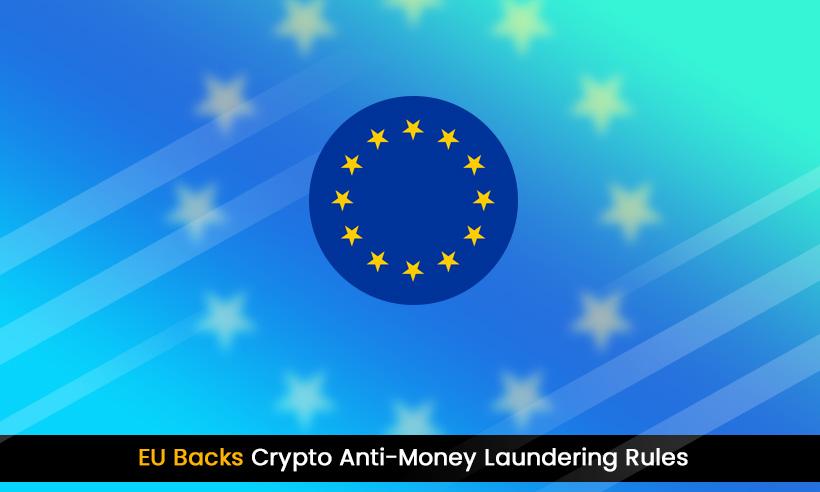Jun 30, 2022
by Jafrin Ahmed
EU Finalizes Anti-Money Laundering (AML) Rules on Crypto Activities
.
Disclaimer: The views and opinions expressed in this article are for informational purposes only and do not constitute financial, investment, or other advice. Investing in or trading crypto assets comes with a risk of financial loss.
Jafrin is a cryptocurrency journalist/researcher fascinated by the world of decentralization. She is hopeful towards blockchain’s innovation and its potential to reshape the world for good. Currently, she is bringing out the best of cryptosphere via covering the latest ins and outs of the blockchain space.
